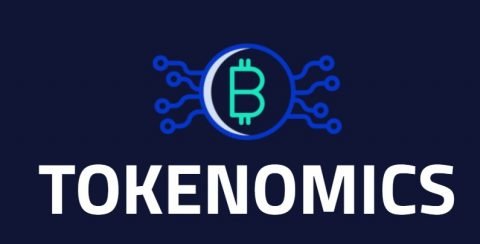What are tokenomics?
The choice of the term tokenomics' constituent parts - token and economics - may seem a bit confusing if your assumption is that cryptocurrencies are simply new forms of internet money. In reality, crypto can apply to any form of value transfer.
This is why the word token is used, because units of cryptocurrency value can function as money, but also give the holder specific utility. Just as a games arcade or laundromat may require that you use a specific token to operate their machines, many blockchain based services will be powered by their own token, which unlocks specific privileges or rewards:
- DEFI - users are rewarded with tokens for activity (borrowing/lending), or tokens are created as synthetic versions of other existing cryptocurrencies.
- DAOs - token holders get voting rights within Decentralised Autonomous Organisations, new digital communities governed by Smart Contracts.
- Gaming/Metaverse - where game activity and in-game items are represented by tokens and can have exchangeable value.
If we add this understanding of cryptocurrency as tokens, to the traditional definition of economics - measuring the production, distribution and consumption of goods and services - we can breakdown what tokenomics within cryptocurrency measures into:
- how tokens are produced via their supply schedule, using a specific set of supply metrics.
- how tokens are distributed among holders.
- the incentives that encourage usage and ownership of tokens.

